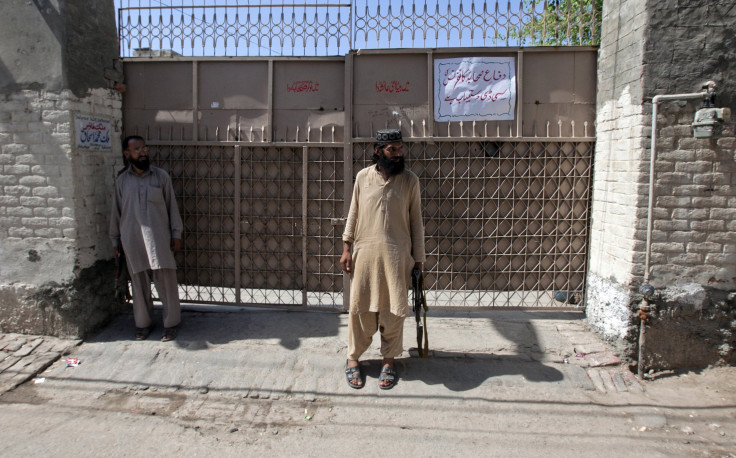Nanga Parbat Massacre Militants Facing Trial For Killing 10 Foreign Climbers Escape Jail

Two Pakistani militant suspects facing trial for the 2013 killing of 10 foreign climbers at a Nanga Parbat mountain base camp escaped from jail Friday. The jailbreak involved four militants who attempted to escape from a northern Gilgit facility. "Four militants jailed in the district prison of Gilgit attempted to escape. They were countered by forces, but two of them succeeded in their attempt," Liaquat Ali, a senior administration official in Gilgit, told Agence France-Presse.
The four inmates dug a tunnel from their barracks to the wall of the prison, a jail official told Reuters. The escape occurred around 2:45 a.m. local time. Sultan Faisal, the prison’s deputy inspector general, said that two officials had been suspended over the jailbreak and an investigation is underway, according to Reuters. Habib-ur-Rehman was one of the two prisoners that escaped and he was a key suspect in the foreign climbers’ massacre. The other escapee, known as Liaquat, was held over a different attack on security forces in the Chilas region, according to Pakistani news provider Geo TV. One was shot dead during the escape attempt and the other was recaptured. The one who was killed was also suspected to be involved in the Nanga Parbat massacre, Geo TV reported.
A Gilgit district senior official Muhammad Ajmal Bhatti confirmed the incident and said the city was on lockdown as authorities searched for the escapees. A reward of 2 million Indian rupees ($32,400) has been offered for the arrest of the prisoners, according to Geo TV.
The attack on the foreign climbers happened in June 2013, when 16 militants dressed in Gilgit Scouts uniforms stormed a high-altitude mountaineering base camp at Nanga Parbat, Pakistan’s second-highest mountain. They shot 10 climbers from Ukraine, China, Slovakia, Lithuania, United States and Nepal, and one Chinese climber escaped. A local guide was also killed in the attack. The Pakistani Taliban originally claimed responsibility for the massacre, but most of those arrested allegedly belonged to the Lashkar-e-Jhangvi militant group, a separate movement with loose ties to the Taliban.
© Copyright IBTimes 2024. All rights reserved.






















